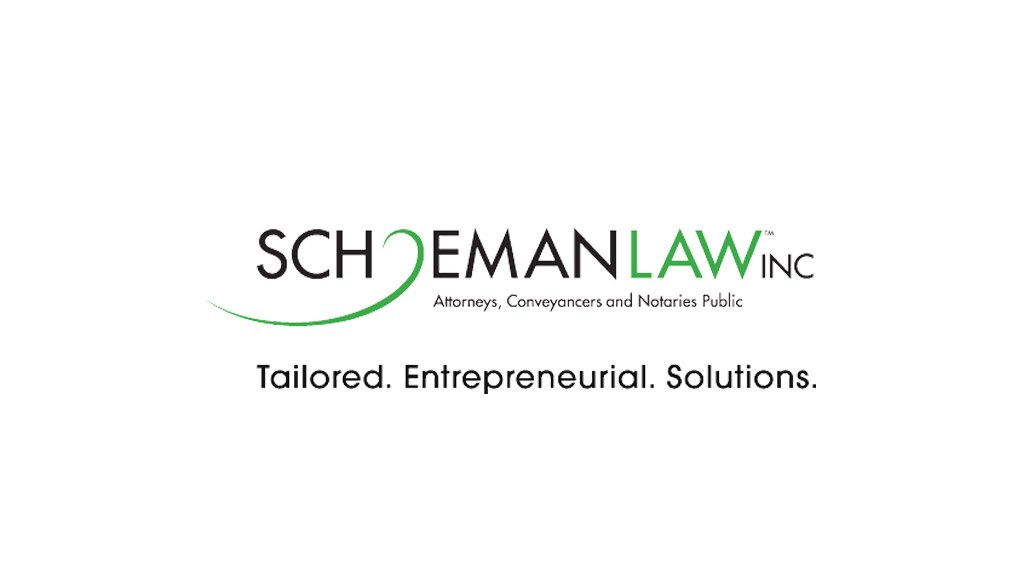Many retailers embark on loyalty programs to add to the value proposition they offer customers. The most notable of these, specifically for South Africans, are most certainly the Clicks Group. Clicks have been head to head with SARS since 2009 regarding the tax implications of there, particularly successful loyalty program. Finally, decided in Clicks Retailers (Pty) Limited v Commissioner for the South African Revenue Service [2021] ZACC 11.
The Facts
In the 2009 tax year, Clicks sought to claim an allowance under the section, section 24C read:
“24C Allowance in respect of future expenditure on contracts
(1) For this section, "future expenditure" in relation to any year of assessment means an amount of expenditure which the Commissioner is satisfied will be incurred after the end of such year—
(a) in such manner that such amount will be allowed as a deduction from income in a subsequent year of assessment; or
(b) in respect of the acquisition of any asset in respect of which any deduction will be admissible under the provisions of this Act.
(2) If the income of any taxpayer in any year of assessment includes or consists of an amount received by or accrued to them in terms of any contract and the Commissioner is satisfied that such amount will be utilised in whole or in part to finance future expenditure which will be incurred by the taxpayer in the performance of their obligations under such contract, there shall be deducted in the determination of the taxpayer’s taxable income for such year such allowance (not exceeding the said amount) as the Commissioner may determine, in respect of so much of such expenditure as in their opinion relates to the said amount.
(3) The amount of any allowance deducted under subsection (2) in any year of assessment shall be deemed to be income received by or accrued to the taxpayer in the following year of assessment.”
Section 24C creates an exception to the general rule in the Income Tax Act that expenditure is only deductible in the year of assessment in which the cost is incurred. It allows a taxpayer to defer paying income tax.
Clicks run the Clicks ClubCard programme (loyalty programme). In terms of the loyalty programme, participating customers receive loyalty points for shopping at Clicks that can translate into cashback vouchers. These are not redeemable for cash but may be offset against merchandise, provided that the customer accumulates the requisite number of loyalty points within a qualification period.
SARS disallowed Clicks’ section 24C deduction for the 2009 tax year.
Legal Question(s)
The crisp issue for determination in this matter is whether Clicks can claim an allowance under section 24C regarding its income in terms of its loyalty programme. Following this Court's decision in Big G Restaurants (Pty) Limited v Commissioner for the South African Revenue Service 2020 (11) BCLR 1297 (CC) (21 July 2020) ("Big G"), a section 24C allowance may be claimed either when the traditional same-contract requirement is met or when the income and the obligation to finance expenditure arise from two or more contracts that are so inextricably linked that they meet the requirement of “sameness”.
Unlike in Big G, Clicks relies on linked contracts between the same parties. As a result, both the Tax Court and Supreme Court of Appeal considered whether the income and obligation to incur future expenditure arise from the same contract. Thus, the court held that "within the context of the loyalty programme, the two contracts are inextricably linked to the extent that the sale contracts trigger (a) obligations under the ClubCard contract; (b) Clicks' obligation to finance expenditure when ClubCard points are redeemed is determined regarding the amount of income earned in terms of one or more contracts of sale, and (c) there is significant factual overlap and nexus between them. "
However, if either contract can be entered into and exist without the other, they can hardly achieve sameness. Therefore, clicks cannot claim a section 24C allowance on either a same-contract basis or on a sameness basis. In the circumstances, the appeal failed and Clicks had to "pick up the tab".
Conclusion
Loyalty programs, particularly those that have been as incredibly successful as this one has, should be appropriately constructed from the outset. We recommend not only taking legal but appropriate tax advice and revisiting the position regularly. Contact an expert at SchoemanLaw for legal guidance and access to our database of expert providers today.
Written by Nicolene Schoeman-Louw, Managing Director, Schoeman Law
EMAIL THIS ARTICLE SAVE THIS ARTICLE ARTICLE ENQUIRY
To subscribe email subscriptions@creamermedia.co.za or click here
To advertise email advertising@creamermedia.co.za or click here











